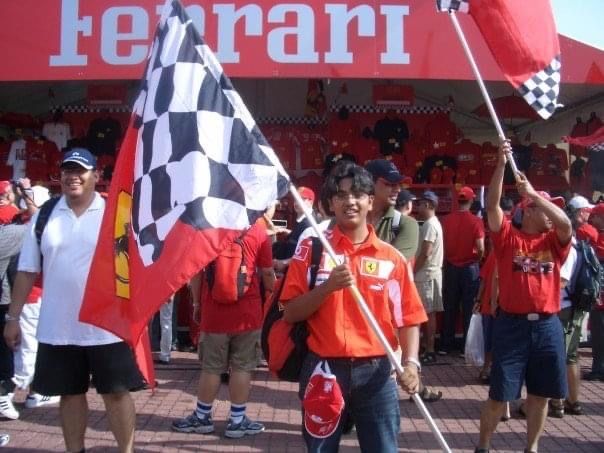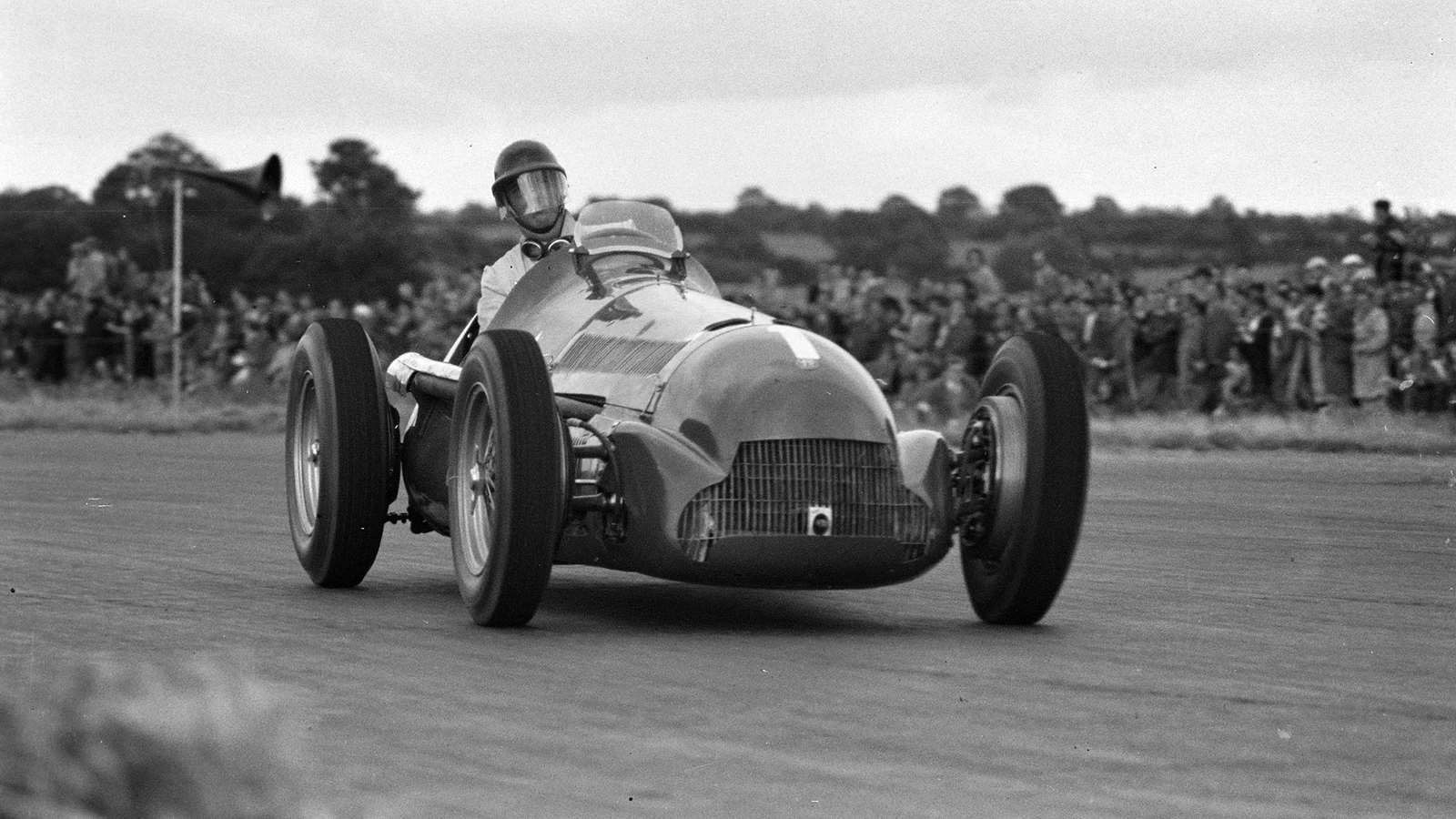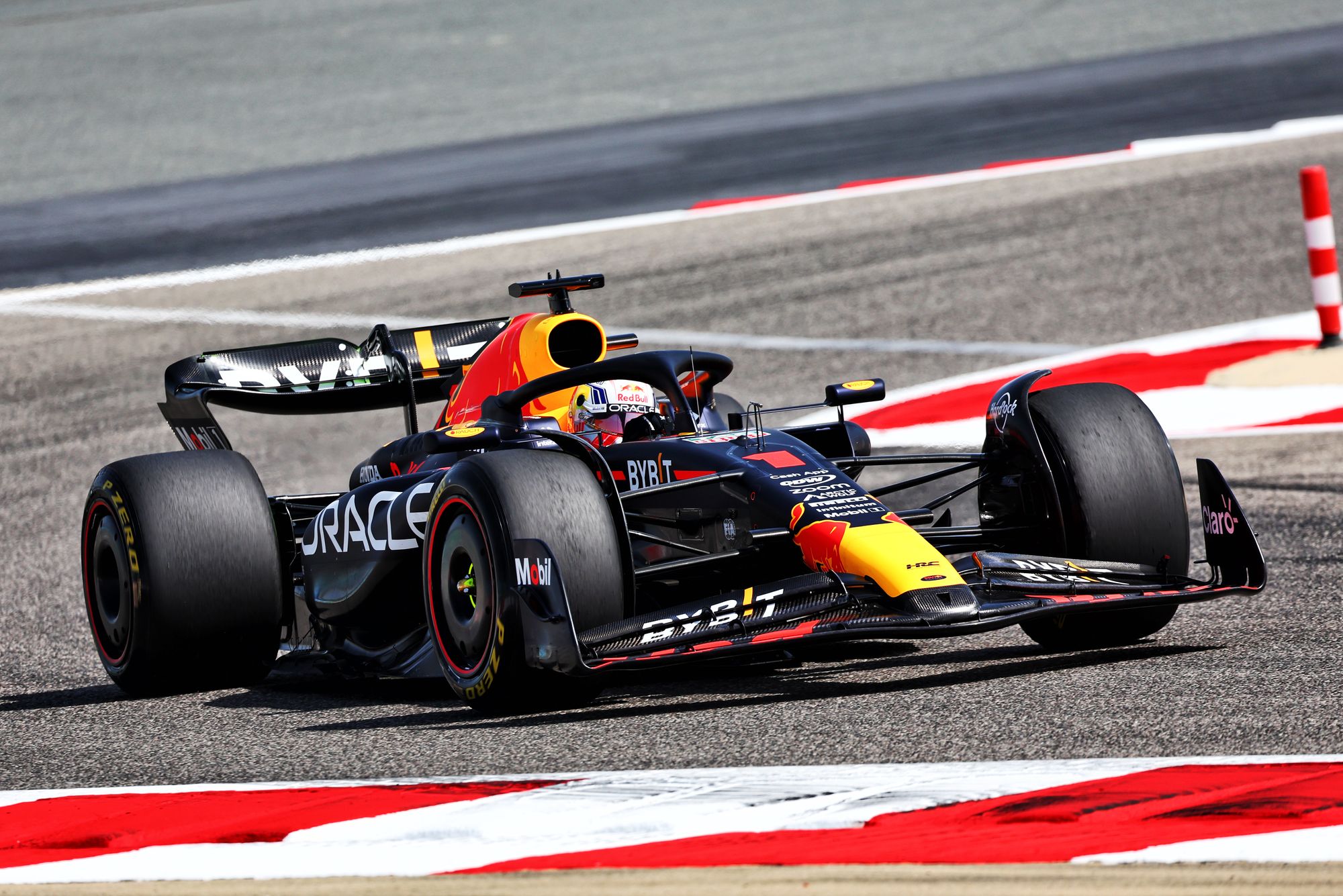On Formula 1 and human ingenuity
I had the opportunity to attend the Formula 1 race in Miami this past weekend, and wow, what an experience!
I’m a born-again F1 fan. As a kid in the late 90s through my teens in the mid-2000s, I used to watch every race. But when my favorite driver, Michael Schumacher, retired, I lost interest for over a decade.

The Netflix series Drive to Survive reignited my interest in the sport a couple of years ago, as it did for many in the US and around the world. I’m glad I’m back into it.
This time, I don't have a favorite driver or team. What intrigues me about F1 now goes beyond the rivalries and the very human drama.
While those things are interesting, I find myself even more inspired by the technical inventions and pure sense of optimism I get from the sport. F1, strangely, is a beacon of hope for me in a world that can feel dominated by negativity and volatility. Let me explain.
10 teams and 20 drivers compete, investing all their resources to gain an advantage in the tenths and hundredths of seconds. It is not uncommon for the slowest car to be less than two seconds per lap slower than the fastest one. Yes, you read that correctly.
What makes this possible? F1 is the perfect blend of external competition and internal collaboration amongst teams to solve a very specific problem: build the fastest possible race car that’s safe for the driver to operate.
Over half a century of relentless collective focus by some of the best engineers in the world has led us from this:

To this:

When I pause to think about it, it blows my mind that human minds were capable of this incredible transformation in a relatively short amount of time. And that’s what gives me hope for the future.
Right now, many people are rightly concerned about the impact of AI on our lives. Perhaps we can learn a thing or two from Formula 1. Amazing things can happen when you put man and machine together under the right circumstances and boundary conditions. If we can develop AI aligned with our interests and with safety as a primary consideration rather than an afterthought, amazing things will happen.